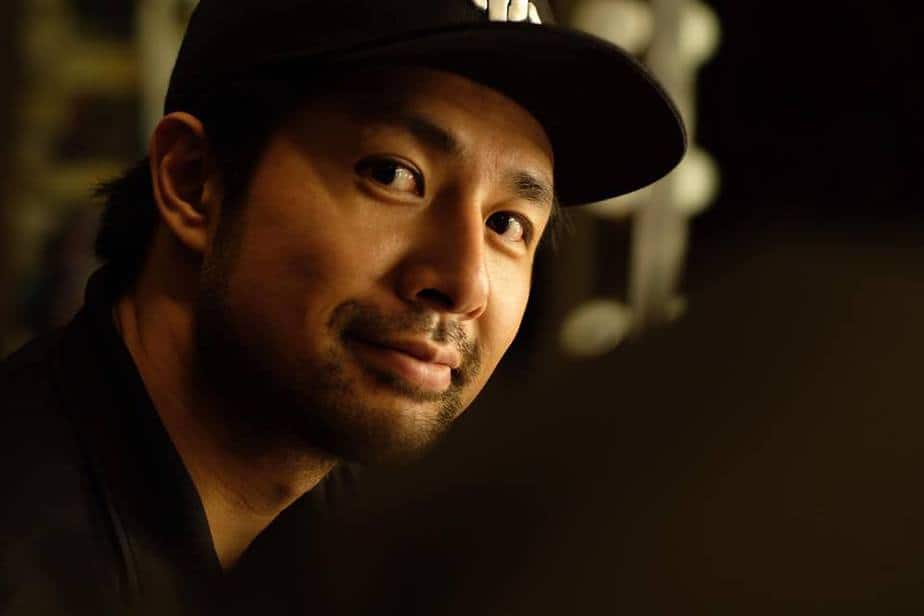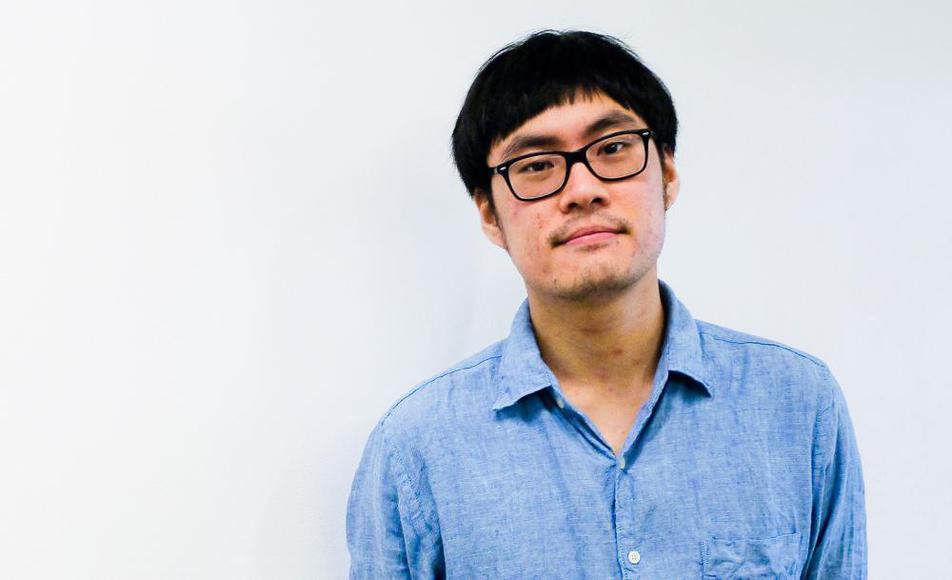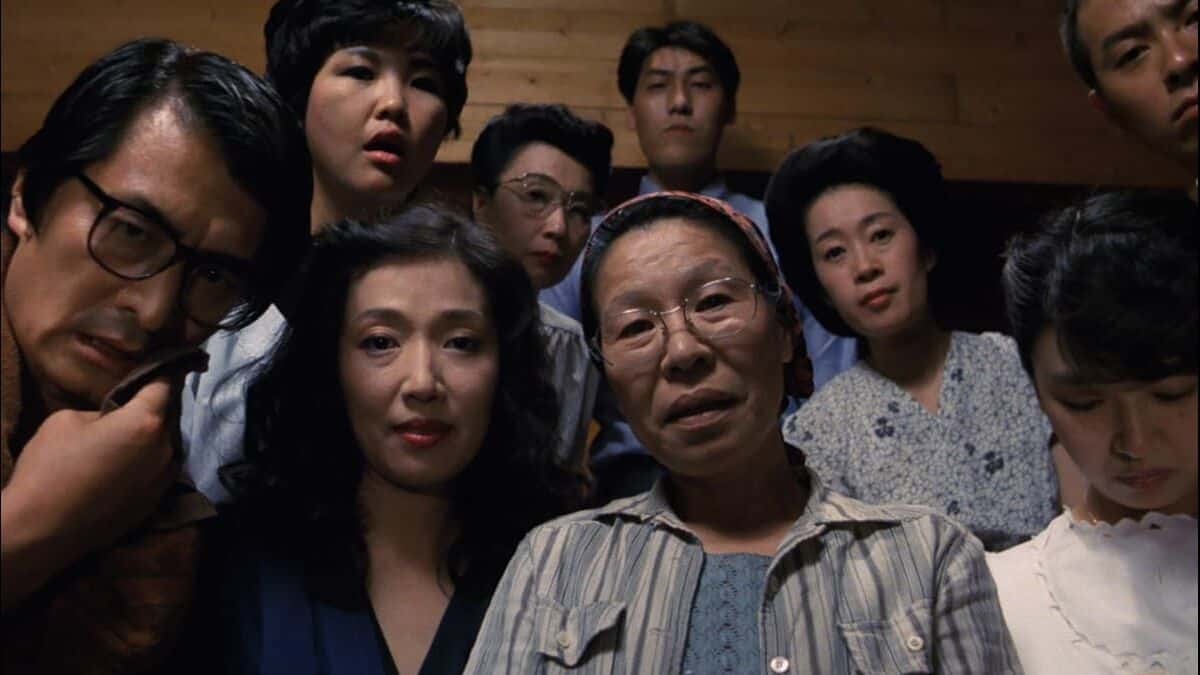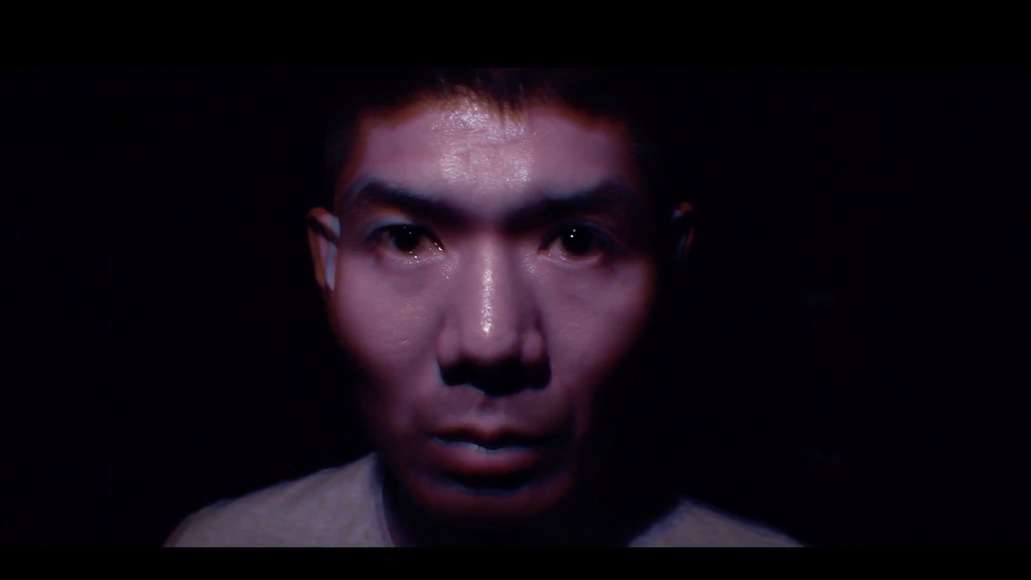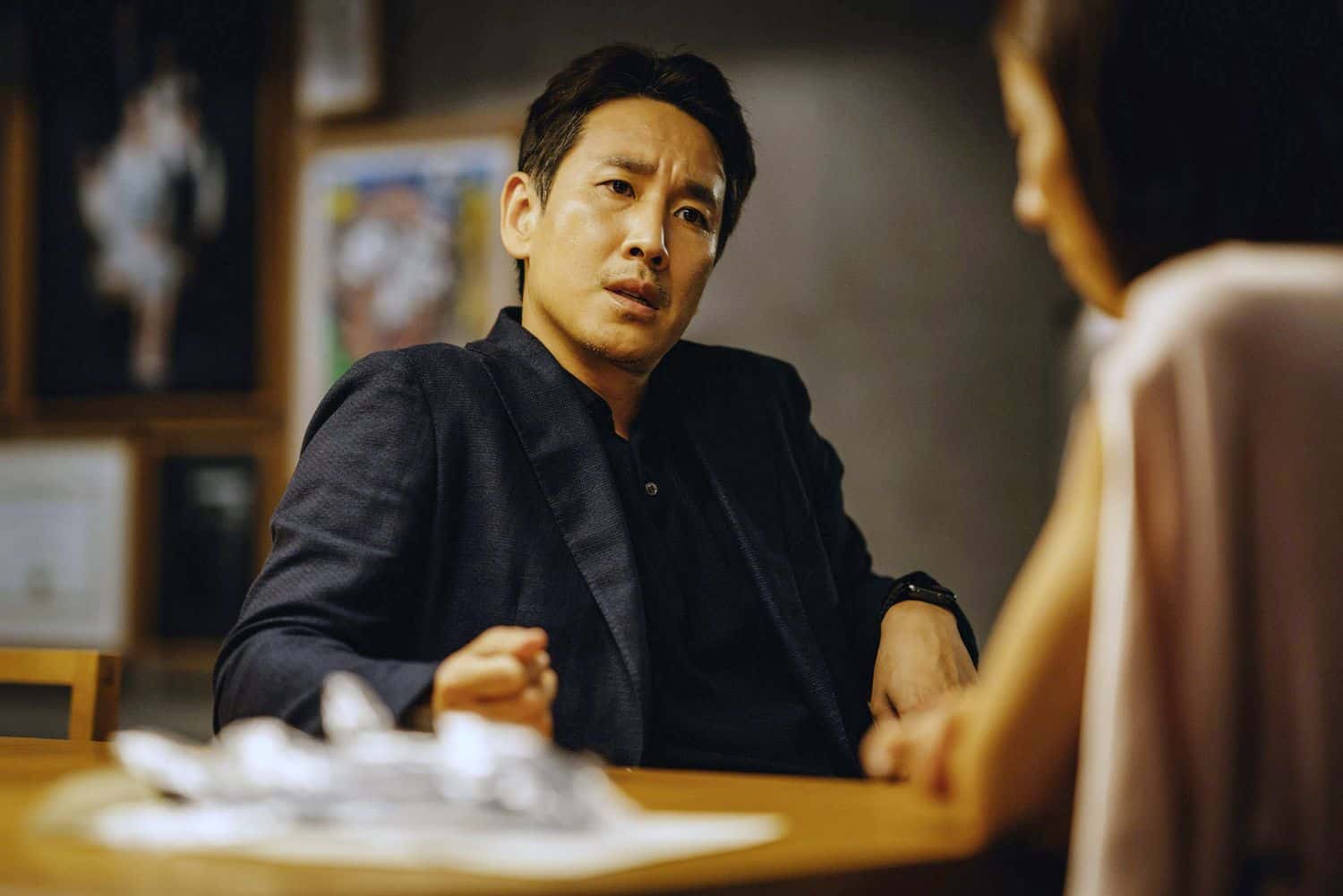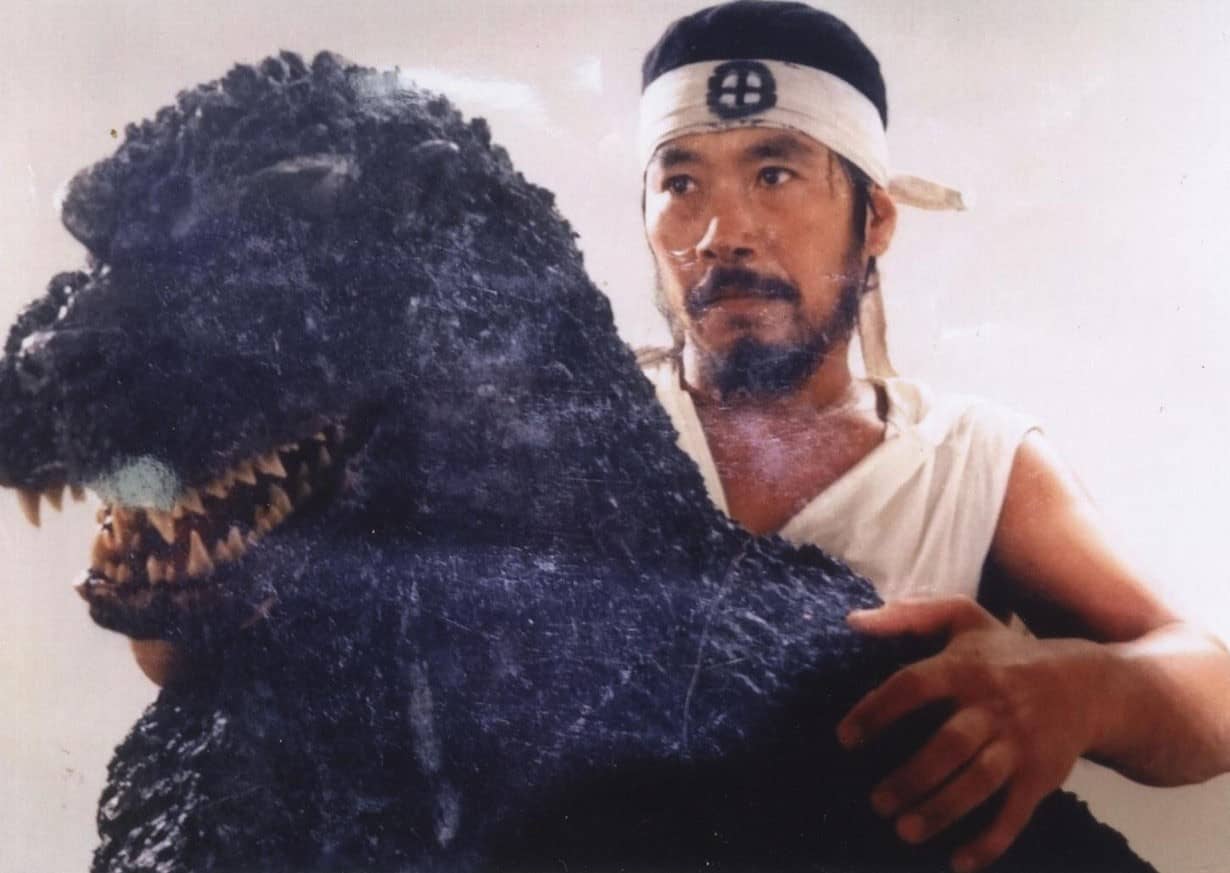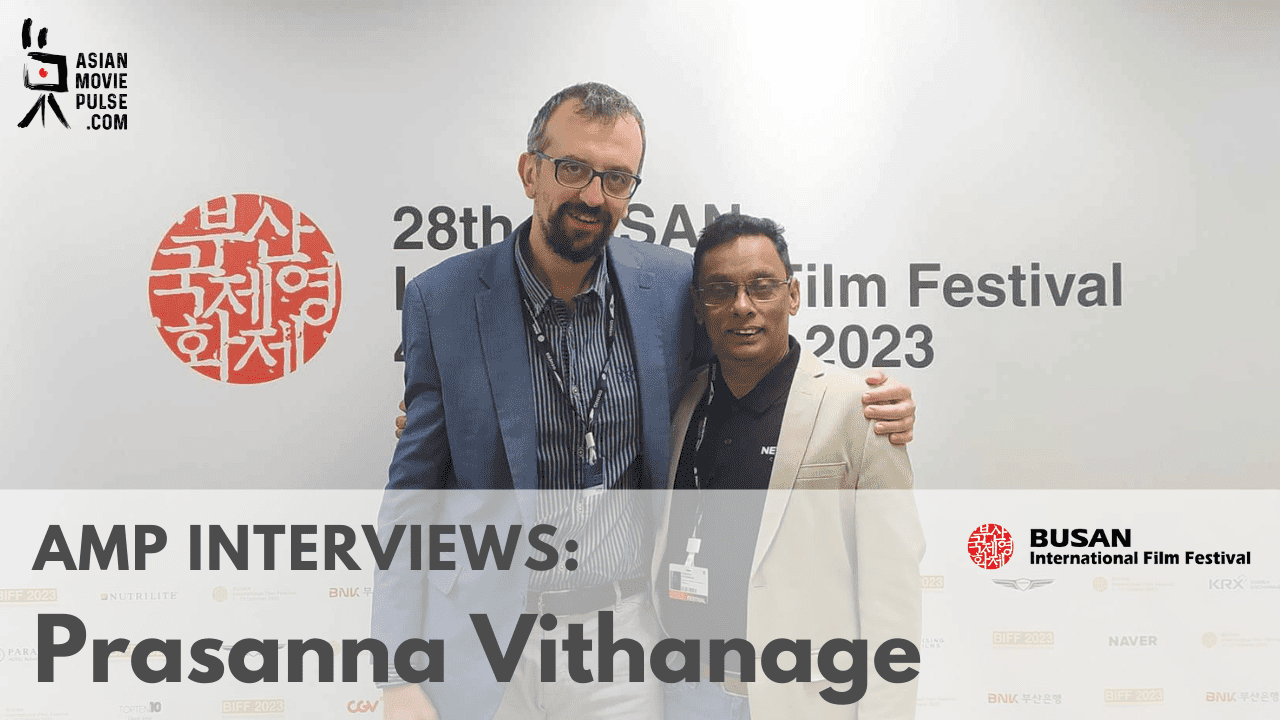Ken Ochiai made his first film at age 12. Immediately following his high school graduation, he left his hometown of Tokyo, Japan, to pursue his dream of becoming a film director in the United States. To date, Ochiai has directed 3 theatrical features, and over 30 short films, commercials, and music videos. His first feature film, “Tiger Mask” (based on a legendary Japanese comic book series), was released in the fall of 2013 in several Asian countries. His second feature film, “Uzumasa Limelight,” was released in 2014. It won the Chevel Noir (Best Picture) and for Best Actor at the Fantasia International Film Festival, the Crystal Heart Award at the Heartland Film Festival, two audience awards at the New York Asian Film Festival, and Camera Japan in Holland. He was honored with the title of New American Filmmaker at the Hawaii International Film Festival, and received the Young Alumni Award from the USC Asian Pacific Alumn iAssociation in recognition of his achievements in filmmaking. His latest film, “Saigon Bodyguards” was released in Vietnam in 2016 and beat “Rogue One” in the first week and became the 4th biggest movie of the year.
On the occasion of the completion of his latest film “Daddy Issues”, we speak with him about filming in Vietnam, the movie, his life and career, Uzumasa Limelight, and other topics.
Can you give us some details about your newest production? It seems to me it is being shot in Vietnam? If this is a yes, how did this came about?
After shooting my first Vietnamese film, “Saigon Bodyguards,” the lead actor Thai Hoa and I built a strong working relationship. He is one of the best actors that I worked with and I felt that his sense of humor is universal, it can make the audience across the world laugh. After the release of the film, we both had been looking for a project to collaborate.
When my Korean friend from AFI directed “Daddy You, Daughter Me,” (Kim Hyeong-hyeop) a Korean film based on the Japanese book “Seven days with Daddy and Daughter”, by Takahisa Igarashi, I remembered the original Japanese book that I read a while ago. I immediately re-read the book and thought “this will be a perfect role for Thai Hoa to play!”
I contacted Thai Hoa. He loved the concept and brought in an established Vietnamese producer, Charlie Nguyen on board. Then we begun seeking for a young talented actress who can play both mature teenage girl and childish middle age man. When Charlie suggested Kaity Nguyen, she was exactly what I imagined for the daughter. I'm a big fan of her debut film, “Em Chua 18” and I thought Kaity's strong performance added many layers to the story. When I met her in person the first time, I was very impressed with her intellect, positive aura, and sense of humor. I also felt that she got so much more to share than what the audience has seen on screen. With Kaity, I wanted to explore her big potential together.

What are the difference between shooting a film in Japan and Vietnam?
The filmmaking process is essentially the same, no matter what the country the shooting takes place. I believe the director brings his/her style to the production. I always bring an American cinematographer, Chris Freilich, who shot all of my features to both countries, so wherever we are, we shoot in American style.
How was the casting process like for the film?
We offered the lead roles to Thai Hoa and Kaity, but for all other roles, we brought actors in for auditions. Because of the successful reputation of the production company in Vietnam and the unique factor that a Japanese director is directing a Vietnamese film, we got great attention from the A-List actors in Vietnam.
Also, we posted an open cast and got over 1000 submissions from all ages. We were definitely fortunate to be able to choose from a pod of great actors and it was a struggle to pick one from all the great choices.
Can you also give us some details about the locations it was shot? Were there any memorable episodes during the shooting? Good or bad.
We shot the entire film in the city of Saigon in 37 days. It was rainy season in the South, so every day and night, we had to wait about an hour or so for tropical showers. However, while waiting, it gave me a decent amount of time to think through about the rest of the day, which is luxury for a director.
You were born in Japan but you studied in the US. How did this came about?
It was about 5 years ago that I met a young Vietnamese actor/producer, Kim Ly in Tokyo. We hit it off immediately and promised to work together someday. After the long process of developing several projects together in Japan, Vietnam, and North America, we finally got finances for an action comedy film in Vietnam called “Saigon Bodyguards”. After the success of the film, it was very natural for me to pursue another film in Vietnam.
Your feature films are quite diverse. From focusing on an aged movie extra, to an aspiring musician, to a manga adaptation, to a comedy in Vietnam. Was that a choice?
It's true that my films vary from genre to genre, but there is recurring theme to all of my works, which is “finding home.” Because I was born and raised in Japan and spent my 20's in the U.S and traveled around the world, the theme of “finding home” is the question of my life: where do I belong? so the protagonists of my films go on a journey (whether it's physical or figurative) to find a place/person to feel at ease and peace.

Why did you decide to make a film about the Kirare Yaku and, in essence, about Seizo Fukumoto? How was your cooperation with him?
The script for “Uzumasa Limelight” had been written and re-written several years before I got on board. I knew about Seizo from “Last Samurai” and several Japanese documentary about him on TV. When the producer of the film, Ko Mori approached me in consideration to direct the film, I fell in love with the story and felt a personal connection. In a way, I was Satsuki, an apprentice of Seizo, learning about making Jidaigeki (historical) films in Kyoto.
How close to reality is the presentation of the Japanese movie industry in the film? What is your opinion about the tendency of casting pop stars in films?
I believe the depiction of the Japanese film industry in “Uzumasa Limelight” is pretty accurate, except an amount of exaggeration on the characters. I don't mind casting the famous pop stars at all as well as the modern interpretation of Jidaigeki. Fukumoto also said this , but at the end of the day, the movie needs to be watched and there can be many different kind of Jidaigeki as long as the audience wants to see it. The style of the films always changes from time to time. Famous Confucius' words that are common in Japan says, “温故知新(On Ko Chi Shin)” meaning to embrace the tradition and learn the new trends. It seems contradicting to each other but I believe all the cultures are based on this idea of preservation and discovery.
Is there any other project you are working at, at the moment?
I'm currently developing scripts in Vietnam, Japan and the U.S. I have no idea which one would go fast, but I can tell you it will be about “finding home.”!


